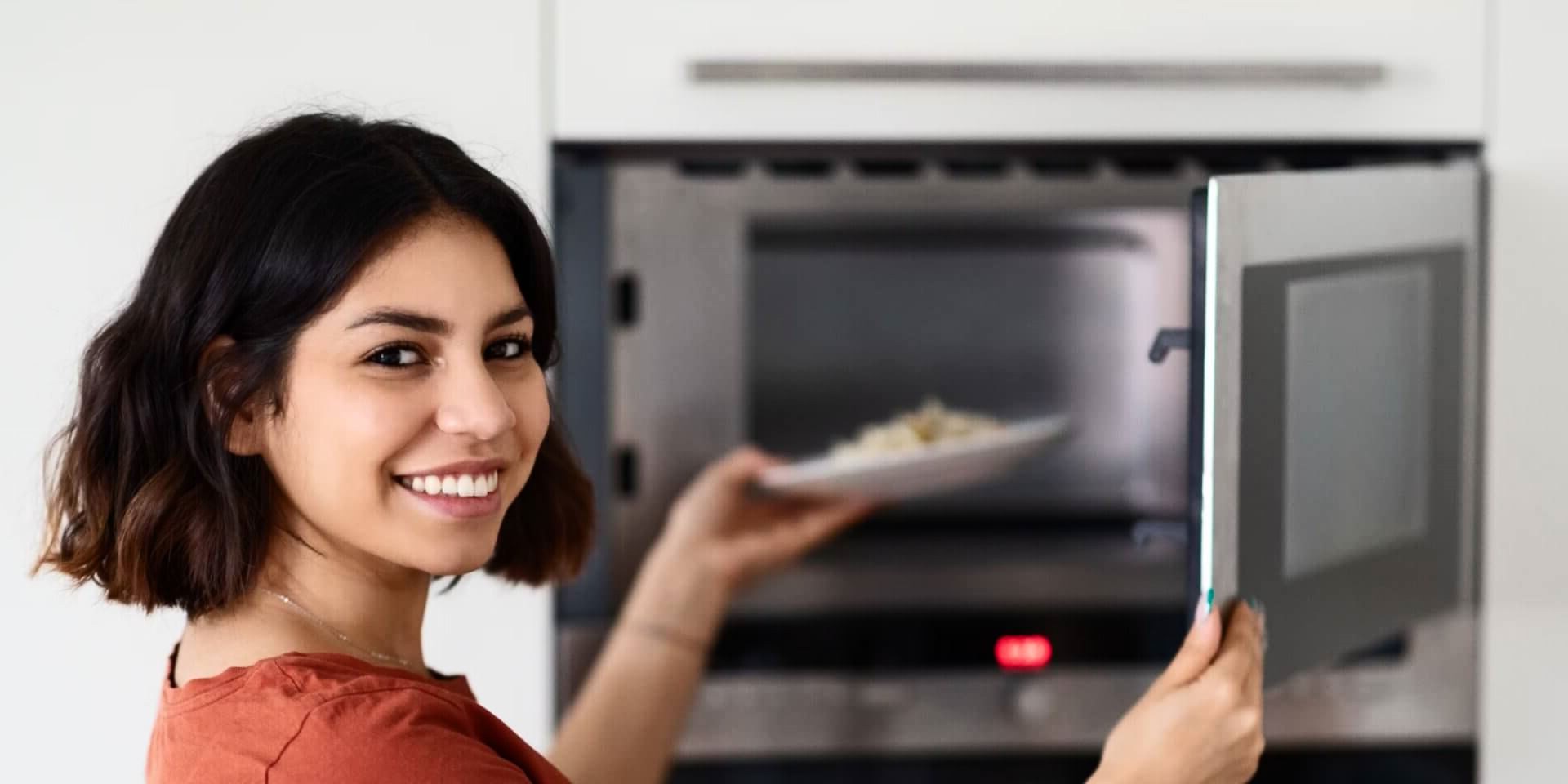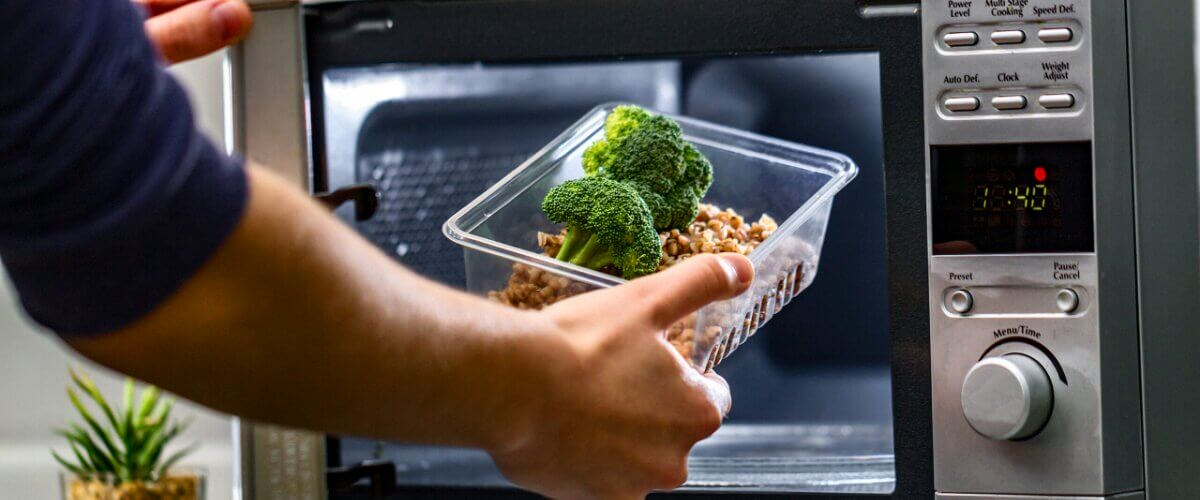- Comments Off on Microwave Dishes: Peculiarities of Choice and Prohibitions
Microwave Dishes: Peculiarities of Choice and Prohibitions

Microwaving is essential to modern kitchens, offering quick and convenient meal preparation. However, not all dishes are suitable for use in the microwave, and choosing the right cookware is crucial for both safety and quality. Understanding the peculiarities of selecting microwave-safe dishes and the restrictions on certain materials ensures that you can cook efficiently without compromising your health or the functionality of your microwave.
Choosing the Right Microwave Dishes
When selecting dishes for the microwave, it’s important to choose safe, durable, and heat-resistant materials. Microwave-safe containers are typically labeled, and the material plays a big role in whether a dish is suitable for microwave use. Glass and ceramic dishes are generally safe for microwaving as they heat evenly and don’t leach harmful substances. Make sure they’re labeled microwave-safe, as some ceramics or glass may contain metals or coatings that can react when exposed to microwaves.

Plastic containers are commonly used for microwaving but should be BPA-free and explicitly marked as microwave-safe. Low-quality plastic can melt or release toxins when heated. Additionally, ensure the dish is the right size for your microwave. A dish that’s too large or too small for your microwave can cause uneven heating, while a well-sized one will ensure optimal cooking.
What to Avoid in Microwave Dishes
Certain materials and items should be avoided when using the microwave to prevent accidents and preserve food quality. First and foremost, metallic containers or items with metal trim should never be used in the microwave. Metals can cause sparks or fires when exposed to microwave radiation. Similarly, some aluminum foil can cause the same issues if used improperly, although small pieces of foil, if used with caution, can sometimes be used in certain dishes, but only according to specific instructions.
Another item to avoid is plastic containers that are not microwave-safe. Some plastics, especially older plastic containers, can release harmful chemicals such as BPA (bisphenol A) when heated. This can affect both your health and the taste of the food. Styrofoam containers should also be avoided, as they can melt in the microwave and release toxic chemicals into your food.
